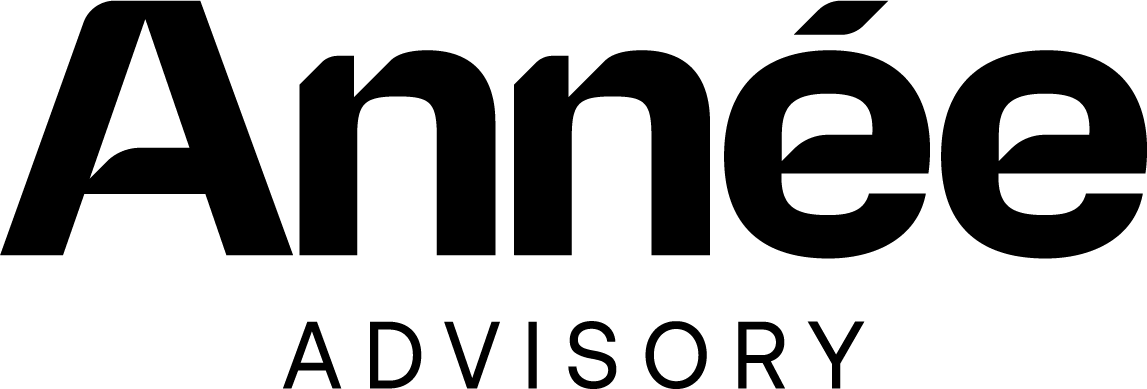The panel, comprising Jens Andersson, CFO at Castellum; Maria Sandell, Head of Sustainability at JM; Johan Edberg, Sector Head of Real Estate at Handelsbanken; and Thomas Nystedt, Group Treasurer at Vasakronan, agreed that sustainability is no longer optional but a central part of business strategy.
Jens Andersson highlighted the dual drivers behind sustainability – regulatory requirements and operational efficiency – and emphasized that cutting energy consumption has been a priority for Castellum already since the 1980s, long before the focus shifted to reducing CO2 emissions.
Maria Sandell pointed out that while regulations set the pace, the business benefits drive commitment, stating that ”it is much more motivating when sustainability efforts go hand in hand with business advantages.”
The panel agreed that customer demand, while implicit, plays a secondary role, as most customers expect sustainability to already be embedded in modern buildings.
Sustainability as a driver for attracting investment
Thomas Nystedt highlighted the economic advantages of green financing:
”Being a green company offers considerable value. Many funds are specifically allocated to green assets, which provides tangible financial benefits for us.”
At the same time, Johan Edberg acknowledged the challenges in quantifying short-term financial returns but stressed the importance of staying competitive. He stated that ”even though the immediate financial impact is limited, failing to advance in sustainability will have long-term consequences.”
Avoid drowning stakeholders in metrics
Another key theme was the evolving landscape of reporting. While metrics such as emissions per square meter and energy usage have become standard, the panel advocated for a more focused approach.
”Not all metrics carry the same relevance,” noted Jens Andersson, underscoring the need for companies to concentrate on significant and actionable data instead of overwhelming stakeholders with exhaustive reports.
Still more work to be done
The seminar showcased how the real estate sector has made significant progress in sustainability. However, as Maria Sandell pointed out, there is still more to achieve: ”We are increasingly collaborating on sustainability issues, but there is still work to be done, particularly in improving material flows and advancing circular processes”.
The panel concluded by emphasizing that advancements in material innovation, such as climate-enhanced concrete and timber construction, offer promising solutions for reducing the sector’s environmental impact.
The seminar was held on November 26 at Convendum, Biblioteksgatan in Stockholm, and moderated by Daniel Bergsten, Managing Partner at Année Advisory.


